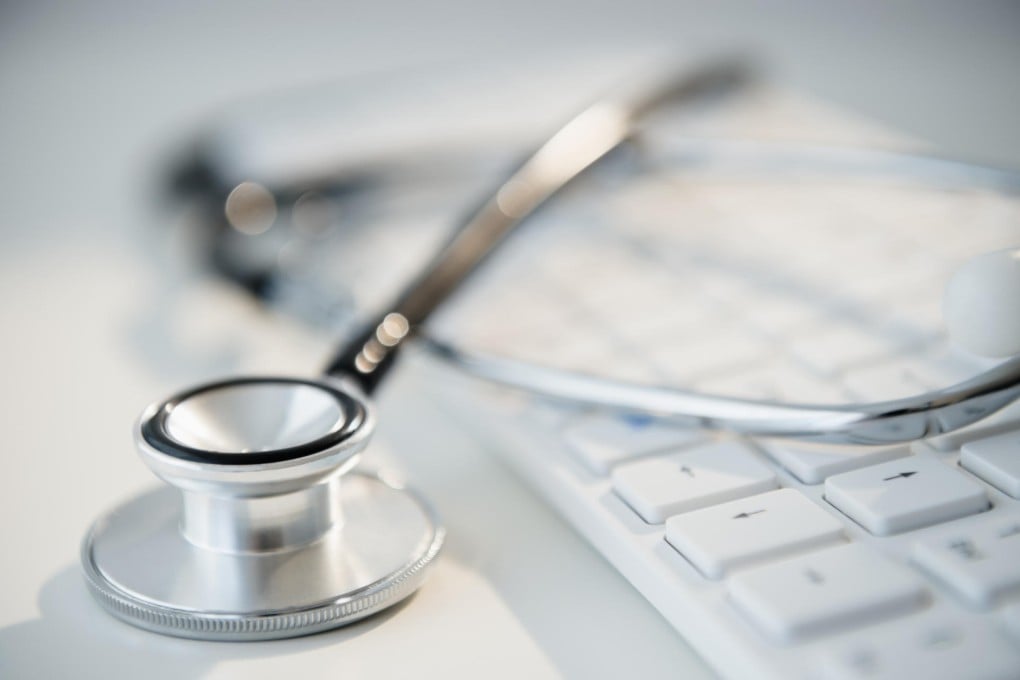From the experts: Can patient empowerment make a difference?

The father is an electrician in Dubai; the mother a housemaid in Dhaka. Their 19-month-old girl had a critically located, malignant brain tumour which had produced gross hydrocephalus (retention of fluid).
The fluid was diverted into the abdomen through a shunt in the girl. The shunt had worked too well, resulting in the brain shrinking. That produced a large clot between the brain and its coverings.
An informed, questioning patient will ensure better doctors and better health care
The chubby child was happily playing, totally oblivious to the discussions taking place between her parents and the doctor.
Twenty-five minutes were spent elaborating on the various treatment options available - ranging from complex microsurgery for the tumour, removal of the shunt which had produced the blood clot, ligating the shunt, and even a period of observation while waiting for new clinical signs to develop.
Also possible was a combination of the above options at different times.
Benefits, limitations of different types of radiotherapy, chemotherapy, looking for tumour markers in spinal fluid in lieu of biopsy, the natural history, mortality, morbidity with multimodality therapy, were discussed. It was evidence-based medicine at its best.
The discussion, based on 38 years of knowledge and "wisdom", would have elicited kudos in any postgraduate examination. It even took into account socioeconomic factors, parents' wants and desires, quality of life, and so on. To expect the mother to digest and critically evaluate the information provided, and to choose an optimal treatment option, is wishful thinking.
